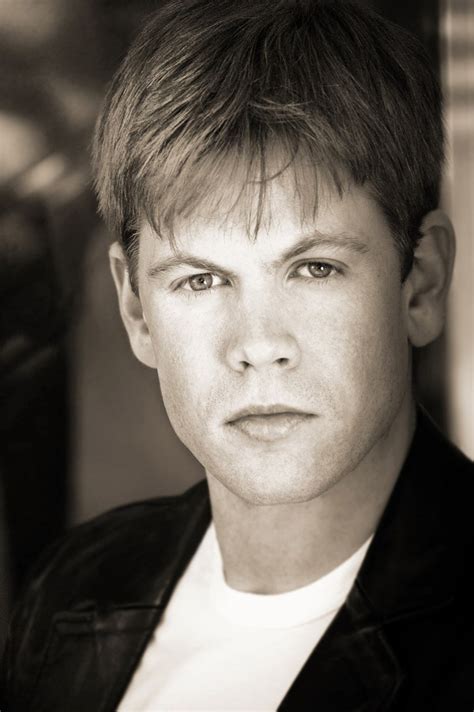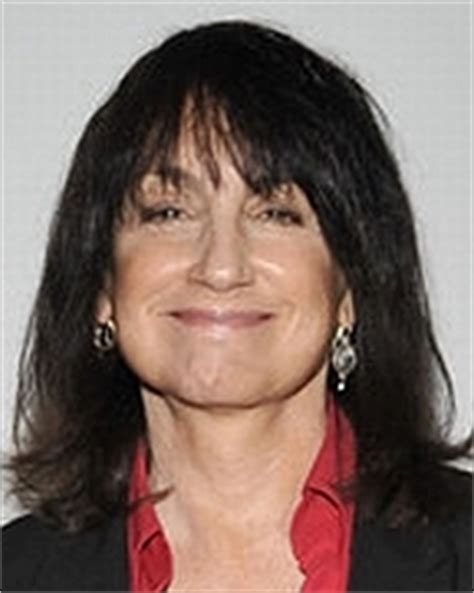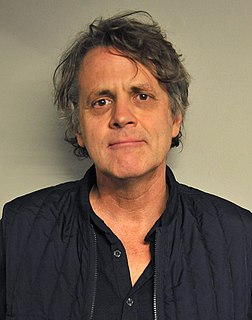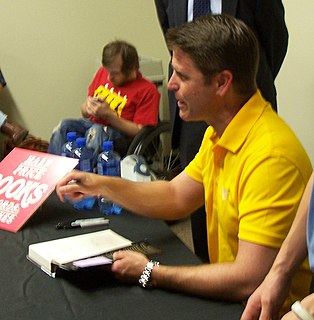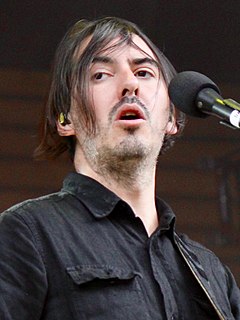A Quote by Crystal Hana Kim
I came from a practical family. The idea of being a writer seemed impossible to me.
Related Quotes
More than any other personality trait, my mother seemed to be ruled by anger and sadness. She seemed to hate being a mother. Watching her unhappiness as I grew up made me conclude that the answer was to try and be as unemotional as I could, which many therapists have taught me is a bad idea. It also made me want to avoid marriage and having children.
I came home one day from school after being chased by kids singing “Yellow Submarine”, and I didn't understand why. It just seemed surreal: why are they singing that song to me? I came home and I freaked out on my dad: 'Why didn't you tell me you were in The Beatles?' And he said, 'Oh, sorry. Probably should have told you that.'


